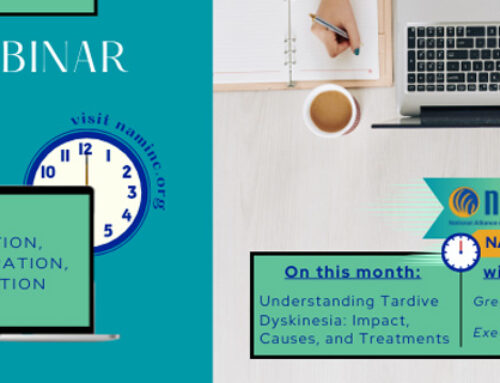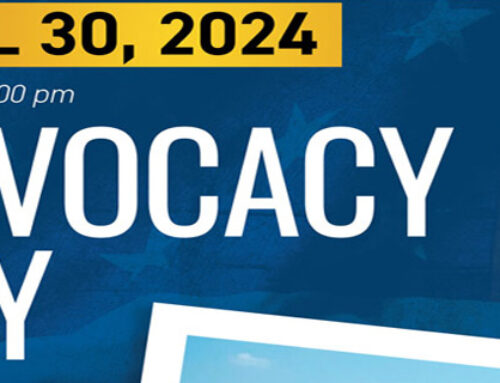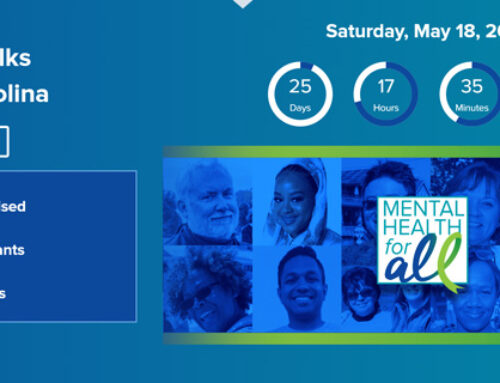North Carolina is home to members of eight Indigenous tribes and nations, the largest being the Lumbee Tribe in the Sandhills area of the state and the Eastern Band of Cherokee Indians on the Qualla Boundary along the Tennessee border. There is great and dynamic diversity not only between tribes, but also among persons within each tribal group.
But there are common threads that affect Indigenous mental health care. Indigenous peoples often face inadequate funding for health care, a history of broken trust in federal and state authorities, communities that are rural and isolated, economic insecurity, and higher than average unemployment.
All of these may take a toll on members of tribal communities. Indigenous persons report serious psychological distress at a significantly higher rate than others in the state, youth suicide is disproportionately high, and there is a higher rate of substance use than in other communities.
NAMI North Carolina believes that all deserve equal access to excellent, affordable, and culturally competent mental health care. We are grateful for tribal leaders who have prioritized the mental health of their community members, and we stand with them in their work toward securing well-being and mental health.





